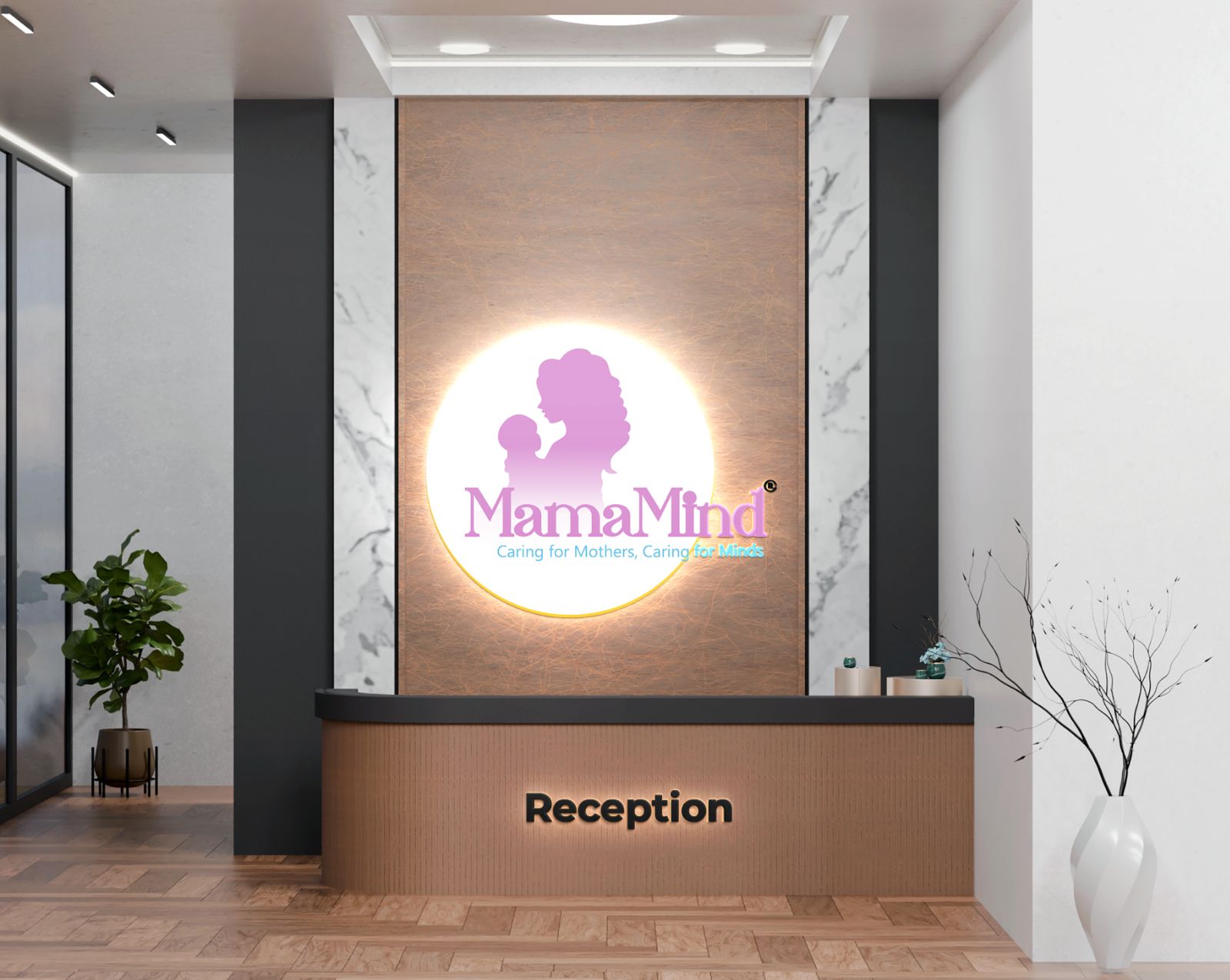
Every woman receives the care, understanding, and resources she needs to heal and thrive — from pregnancy to postpartum and beyond.
Global Prevalence of Postpartum Depression >>>
Worldwide Problem
Global Meta-Analysis
National Data
Recent Study
Note: Experiencing one or more of these symptoms does not mean a mother is failing.
PPD is a medical condition that requires understanding, support, and professional care. Early detection and intervention can make a significant difference in recovery.
Persistent sadness, emptiness, or hopelessness
Frequent irritability, anger, or frustration
Anxiety or excessive worry about the baby or future
Feeling overwhelmed or unable to cope
Loss of interest or pleasure in activities once enjoyed
Social withdrawal or isolation from family and friends
Difficulty bonding with the baby
Changes in daily routines or neglecting self-care
Extreme fatigue or low energy despite adequate rest
Changes in appetite (eating too little or too much)
Sleep disturbances, including insomnia or oversleeping
Psychosomatic complaints such as headaches or stomach issues
At Mamamind, we provide tailored solutions for mothers, practitioners, hospitals, and institutions to nurture maternal mental health and wellbeing.
Self-Counselling & Wellness Tracking
1:1 Counselling with Psychologists
Peer Support Groups with Expert Moderation
3-Day Postpartum Counselling Program
Daily Nurture Content
Mother Stories
Workshops & Webinars
Emergency Resources
Unveiling Our Impact
Discover the meaningful change Mamamind is driving—supporting mothers with awareness, early detection, and nurturing resources for mental well-being.
0K+
Mothers & families engaged through awareness programs and digital tools
0+
Curated resources, guides & self-help toolkits for maternal mental health
0K+
Self-assessments completed via Mamamind’s PPD screening system
0+
Healthcare partners & practitioners connected through training and collaborations


Myths vs. Facts
Understanding the facts about PPD helps break stigma, empowers mothers to seek help, and ensures they receive the support they need for a healthy postpartum journey.
Beyond Birth
Myth: PPD only happens right after birth.
Fact: PPD can start during pregnancy (perinatal depression) or even months after delivery.
No Shame in Speaking Up
Myth: Talking about PPD is shameful.
Fact: Seeking help for mental health is a sign of strength. Openly discussing PPD can lead to faster recovery and healthier outcomes for both mother and baby.
Many Paths to Healing
Myth: Medication is the only treatment for PPD.
Fact: Treatment can include therapy, support groups, lifestyle adjustments, and, in some cases, medication. A tailored approach works best for each individual.
Motherhood & Self-Worth
Myth: PPD means you’re a bad mother.
Fact: Postpartum Depression is a medical condition, not a reflection of your love or ability to care for your baby.
Strength Has Nothing to Do With It
Myth: Only weak women get PPD.
Fact: PPD can affect any mother, regardless of strength, personality, or background.
Time Alone Isn’t Enough
Myth: PPD will go away on its own.
Fact: While some symptoms may improve naturally, professional treatment, counseling, and support are often necessary for recovery.
Hearing real experiences and expert insights can provide reassurance, guidance, and hope for mothers navigating postpartum challenges.
Our platform offers a rich collection of articles and guides designed to educate, support, and empower mothers, families, and healthcare professionals about postpartum depression (PPD). Each resource is carefully curated to provide reliable, practical, and actionable information.
Stories, insights, and support that connect mothers, families, and communities worldwide.
Address
P-45, Mayur Vihar Phase I Near Ahlcon Public School
Near Mayur Vihar Metro Station, Delhi – 110091
mamamind@gmail.com
Phone
Frequently Asked Questions
Explore our comprehensive FAQ section to find quick and detailed answers to common questions about PPD & its Prevention & Cure.
Postpartum Depression is a serious mental health condition that affects some mothers after childbirth. It goes beyond the “baby blues” and can last for weeks or months, affecting daily life, bonding with the baby, and overall well-being.
Approximately 1 in 7 mothers experience PPD within the first year after childbirth. It can affect any mother, regardless of age, background, or number of children.
Symptoms may include persistent sadness, irritability, extreme fatigue, loss of interest in activities, anxiety, sleep and appetite changes, feelings of guilt, or thoughts of self-harm.
PPD can result from hormonal changes, physical recovery challenges, emotional stress, lack of support, and a history of depression or anxiety.
If you experience persistent emotional distress after childbirth, it’s important to reach out to a healthcare professional. Early detection through self-assessment tools and professional guidance can help.
Yes, partners may also experience postpartum mood changes, sometimes called paternal PPD. Awareness and support are crucial for the whole family.
Treatment can include counseling, therapy, support groups, lifestyle adjustments, and in some cases, medication. Early support ensures better recovery.
Mamamind provides educational resources, personalized training, professional counseling, and community support to empower mothers, families, and healthcare providers in recognizing and addressing PPD effectively.























